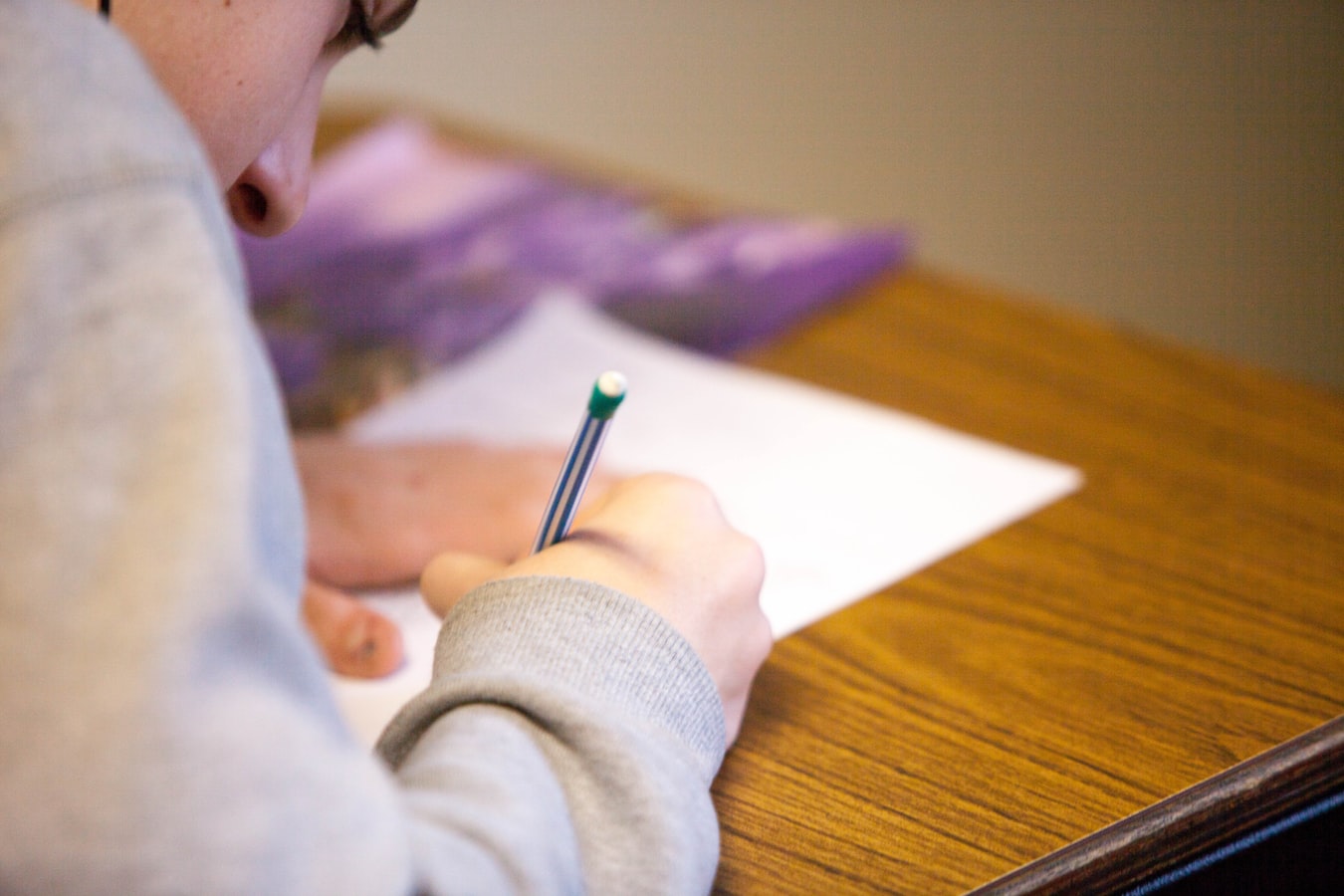Every college has rules and regulations set to ensure order and discipline among the students, teachers, and administration.
Academic misconduct is any conduct by a student that’ll interrupt their education or cause unfair academic evaluation to themselves or other members of the academic community.
If a student is found to have committed any academic misconduct they’re subject to restrictions, and disciplinary actions according to the college’s student code of conduct.
Below are summarised examples of academic misconduct as found in many institutions.
1. Alteration/fabrication of Data
This is the misrepresentation or creating false information to appear real either in an exam or assignment.
Fabrication can be with the aim of gaining academic advantage by the student. And if caught, the student will receive a failed course or grade reduction.
2. Bribery
Bribery is offering services, goods, and or money for an unfair advantage. It can happen in many ways as below;
- A student bribes a lecturer with money, goods, or services in exchange for a pass in grades.
- A professor offers a bribe to a student in exchange for a pass in grades.
- A student’s parent offers a professor money for good grades for the student.
3. Plagiarism
Plagiarism is the use of someone’s ideas, work, or information and using it as your own without acknowledging them or the source.
Examples of plagiarism include;
- Transcribing word for word of someone else’s work, assignment, dissertation, term papers, or information without citations.
- Self-plagiarism- happens when a student uses his/her own previous work without asking for permission from all the lecturers involved.
- When a student uses phrases from the content without quoting them
4. Harassment
Any form of harassment is highly prohibited in many institutions. Plenty of students lose their self-esteem and devalue themselves after harassment.
Harassments cause psychological aftermath to students which later affect their academics and way of life.
Colleges have put together ways to help these students overcome these situations. Some states also have a nationwide title IX defense lawyer who specializes in such cases.
Not only are students the ones who fall victim, but also lecturers and administration personnel.
5. Cheating
Cheating in colleges is the use of fraud, dishonesty, and deceit in academic studies using prohibited materials to gain credit.
Cheating has many ways such as:
- Contract cheating- where a student gets a third party to do their work then submit it as their own.
- Student’s replicating their work from another student
- Students allowing others to copy class assignments from them
- Using forbidden materials during an exam
Cheating misconduct qualifies for a student getting suspended or expelled.
6. Collusion
Collusion happens when two or more students come together to work on an assignment, then one of them submits it as their own work.
Collusion is a serious offense that may result in suspension or decreased grades.
Examples are;
- Completing and submitting identical assignments after a student was initially given their own.
- Borrowing each other’s assignment
- A group member shares the group’s assignment with a member from another group.
Collusion is different from group work where a professor hands out work to students as group work.
7. Theft
Theft is not only unacceptable in a college, but it’s also a consequential offense.
Some students can be devious or just trouble-some and can plan to steal books, pens, experiments, assignments, or school projects from other students
Academic theft such as stealing exam papers, and interfering with other student’s property using a computer. Are considered serious academic misconducts.
In Conclusion
All the above types of academic misconduct have their own type of punishment depending on the college’s discipline department.

